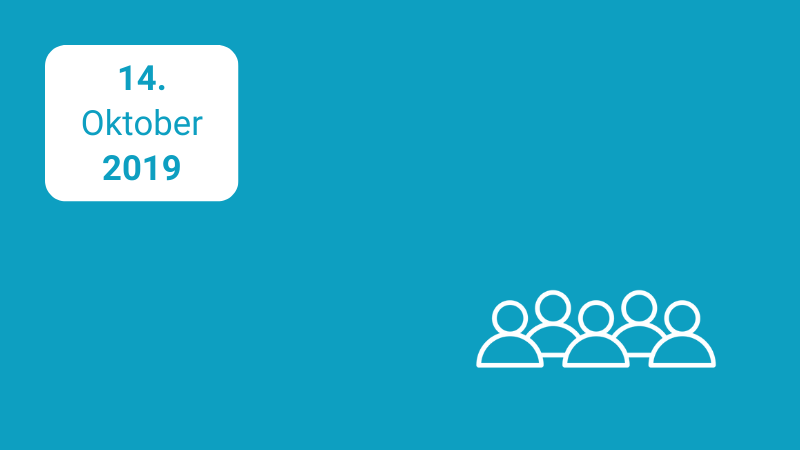The working group focuses on political theories and the history of ideas of digitalisation. It explores the question of the extent to which implicit social-theoretical basic assumptions of political theory are affected and what systematic implications result from this for the respective theories. How can political theory speak to the phenomena of digitalisation in a meaningful way? The working group wants to trace these considerations along the dichotomy of domination and resistance as one of the classical guiding differences of political thought.
The working group brings together young scholars from German-speaking countries. What they have in common is that they are working on their doctorates in the young field of digitalisation research, beyond rehearsed paradigms. The overarching goal of the working group is to network young researchers in order to promote reflection on cognitive interests, questions and approaches. The field of digitalisation research is to be systematically opened up for political theory.
Two formats are being pursued: Firstly, a fixed infrastructure with regular meetings, joint processing of literature and a joint literature database is to be built up and established. In a publication project – supported by a workshop – the questions raised above are to be concretised and developed as a research programme.
Main research areas
- Digitisation
- Political Theory
- Rule
- Resistance
